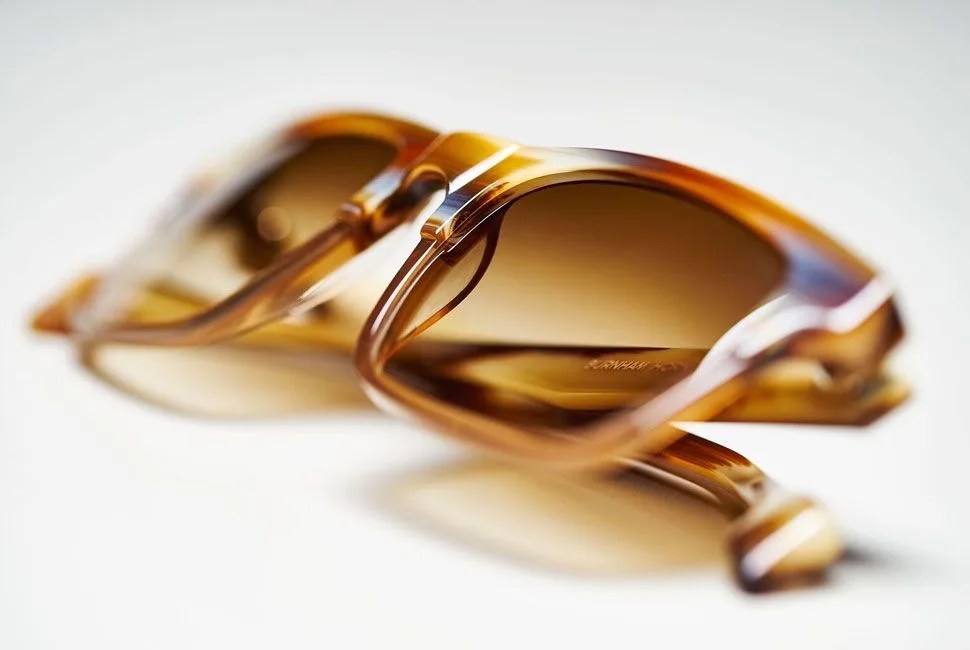The eyewear industry has been operating on the same model for decades: A majority of high-end frames are designed in Europe, made in Asia or Italy and then imported to the United States. “There is too much of a distance between where the product is made and where it is sold,” said Scott Shapiro, the CEO of Chicago-based State Optical Co. Shapiro wanted to bring the means of production closer to home, so when he started State Optical Co. in 2012, he built his own manufacturing facility in Chicago.
“Everything for us is a matter of problem-solving, every day,” said Shapiro, who grew up puzzling over the idiosyncrasies of eyewear. His parents started Europa Eyewear in 1977 in Chicago, and from a young age, he began to learn the nuances of acetate and mineral glass. After decades of experience, Shapiro teamed up with Marc Franchi and Jason Stanley to build State Optical Co.’s factory from the ground up in summer of 2014. The factory was fitted with 40 new Italian machines, and now employs 50 workers, all of whom are new to the industry.

The glasses made by State Optical Co. utilize the best materials, such as acetate from Mazzucchelli in Italy and hinges from OBE in Germany. Each pair of frames takes over 75 steps to complete, over half of which are done by hand. Nuances like beveled edges and design features like custom temple tips showcase the hand-finishing process. The glasses each feature 21 dots drilled through the temple tips in a triangle shape — a reference to Illinois’s status as the 21st state.
Both State Optical Co. eyeglasses and sunglasses are carried at hundreds of retail locations, but as the company grows, Shapiro hopes to bring about a bigger change. “In the US, we used to have what they have in China: towns characterized by what they make,” he said. He envisions that State Optical Co. will set an example for more eyewear brands to follow, possibly drawing them to set up shop in the Chicago area. The hope is that this might entice acetate and hinge manufacturers to move to the area, thus creating a self-sustaining Midwestern industry. Though the long game has many moving parts, the current strategy has something tangible — beautiful American-made glasses — that everyone can enjoy.
